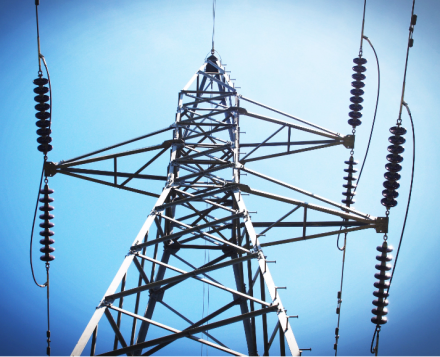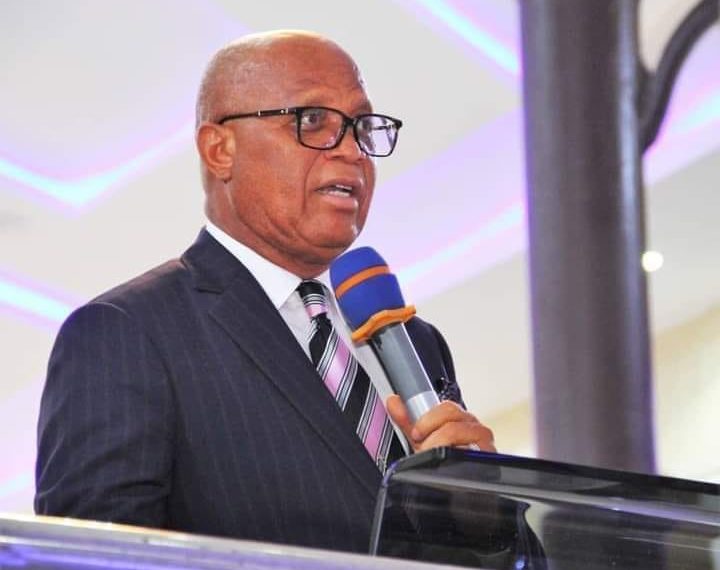 12 August 2104, Abuja – Barring unforeseen developments, the Federal Government has concluded arrangements to inaugurate a National Council of Power, NCOP, this week, in Abuja.
12 August 2104, Abuja – Barring unforeseen developments, the Federal Government has concluded arrangements to inaugurate a National Council of Power, NCOP, this week, in Abuja.
The body when constituted would be charged with the responsibility of harmonising policies of various tiers of government as they relate to the power sector.
The council is also expected to develop an action plan for driving policy formations, implementations, aimed at developing the sector as well as synergise and coordinate development programmes in the post-privatised power sector.
Already, a timeline chronicling highlights of the week long activities has been released by the organisers, the Federal Ministry of Power aimed at ensuring rapid transformation of the sector.
The event slated to hold between August 11 and 15, 2014 will feature in depth deliberations of memoranda from stakeholders covering generation, distribution, transmission, renewable energy/energy efficiency, rural electrification, strategy and implementation plan, and policy initiatives and implementation strategies.
The Council, which will be inaugurated by the Vice President Namadi Sambo, is an enlarged forum where major stakeholders will meet and deliberate on issues that will support federal government’s efforts at accelerating sustainable power supply.
The establishment of the National Council on Power is also expected to create an enabling environment for private sector investors to take on the challenges and the opportunities therein, to ensure quality and cost effective service delivery in Nigeria’s electricity sector.
The move is being seen as a major step taken by the Ministry of Power to put in place vibrant process of synergy in the sector since the handing over of successor companies to private investors.
The Federal Government in an effort to improve electricity supply to Nigerians handed over four power generation firms and 10 distribution companies of the Power Holding Company of Nigeria, PHCN, to investors who had paid about $3 billion (N480billion) for the assets.
At the handover ceremony, which took place simultaneously across the country, government threatened to sanction any new owner who defaulted on the delivery of performance agreement they signed with it.
The successor companies include
· Abuja Distribution Company (owned by KANN Consortium Utility),
· Benin Distribution Company (Vigeo Power Consortium),
· Eko Distribution Company (West Power & Gas),
· Enugu Distribution Company (Interstate Electrics Ltd), and,
· Ibadan Distribution Company (Integrated Energy Distribution & Marketing Limited).
Others are:
· Ikeja Distribution Company (NEDC/KEPCO Consortium),
· Jos Distribution Company (Aura Energy Limited),
· Kano Distribution Company (Sahelian Power SPV Limited),
· Port Harcourt Distribution Company (4Power Consortium), and,
· Yola distribution Company (Integrated Energy Distribution & Marketing Limited).
The generation companies expected to be handed over are:
· Shiroro (owned by North-South Power Company),
· Kainji (Mainstream Energy Solutions Ltd),
· Geregu (Amperion Power Distribution), and,
· Ughelli (Transcorp Ughelli Power Plc).
While speaking at the handover of the Abuja Distribution Company to KANN Consortium Utility, Vice President Namadi Sambo, who is also the Chairman, National Council on Privatisation, NCP, noted that it was historic as it marked the biggest divestment of public utility in Africa.
Sambo, who was represented by the Minister of Power, Prof. Chinedu Nebo, assured Nigerians that the reforms being implemented in the sector would increase consumers’ access to electricity, which will in turn, stimulate economic growth.
He said, “the participation of the private sector would bring about higher generation capacities through the provision of more efficient and cost effective power stations and improvements in electric power distribution in the areas of billing and collection, and transmission networks.
But expectation of a steady electricity supply by Nigerians on account of this development almost immediately vanished, as the post-privatisation era was characterised by major hiccups resulting in drastic drop in power supply.
– Vanguard



